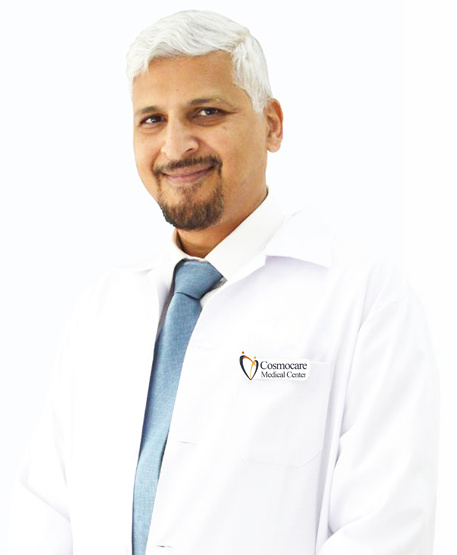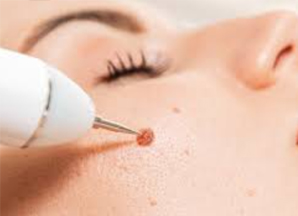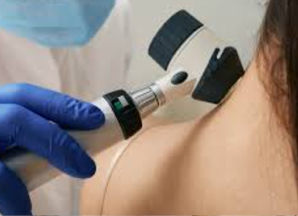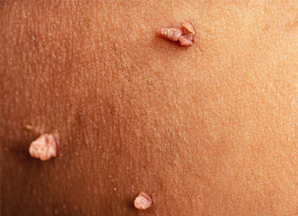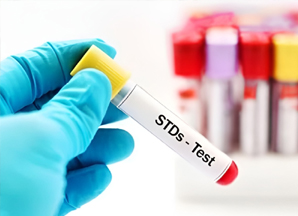What is Herpes simplex virus type 1 (HSV-1)?
Herpes simplex virus type 1 HSV-1 Testing Dubai
HSV-1 is a highly contagious infection, which is common and endemic throughout the world. Most HSV-1 infections are acquired during childhood, and infection is lifelong. The vast majority of HSV-1 infections are oral herpes (infections in or around the mouth, sometimes called orolabial, oral-labial or oral-facial herpes), but a proportion of HSV-1 infections are genital herpes (infections in the genital or anal area).
Scope of the problem
In 2012, an estimated 3.7 billion people under the age of 50, or 67% of the population, had HSV-1 infection. Estimated prevalence of the infection was highest in Africa (87%) and lowest in the Americas (40-50%).
With respect to genital HSV-1 infection, 140 million people aged 15-49-years were estimated to have genital HSV-1 infection worldwide in 2012, but prevalence varied substantially by region. Most genital HSV-1 infections are estimated to occur in the Americas, Europe and Western Pacific, where HSV-1 continues to be acquired well into adulthood. In other regions, for example in Africa, most HSV-1 infections are acquired in childhood, before the age of sexual debut.
Signs and symptoms
Oral herpes infection is mostly asymptomatic, and the majority of people with HSV-1 infection are unaware they are infected. Symptoms of oral herpes include painful blisters or open sores called ulcers in or around the mouth. Sores on the lips are commonly referred to as “cold sores.” Infected persons will often experience a tingling, itching or burning sensation around their mouth, before the appearance of sores. After initial infection, the blisters or ulcers can periodically recur. The frequency of recurrences varies from person to person.
Genital herpes caused by HSV-1 can be asymptomatic or can have mild symptoms that go unrecognized. When symptoms do occur, genital herpes is characterised by 1 or more genital or anal blisters or ulcers. After an initial genital herpes episode, which may be severe, symptoms may recur, but genital herpes caused by HSV-1 often does not recur frequently.
Transmission
HSV-1 is mainly transmitted by oral-to-oral contact to cause oral herpes infection, via contact with the HSV-1 virus in sores, saliva, and surfaces in or around the mouth. However, HSV-1 can also be transmitted to the genital area through oral-genital contact to cause genital herpes.
HSV-1 can be transmitted from oral or skin surfaces that appear normal and when there are no symptoms present. However, the greatest risk of transmission is when there are active sores.
Individuals who already have HSV-1 oral herpes infection are unlikely to be subsequently infected with HSV-1 in the genital area.
In rare circumstances, HSV-1 infection can be transmitted from a mother with genital HSV-1 infection to her infant during delivery.
Possible complications
Severe disease
In immunocompromised people, such as those with advanced HIV infection, HSV-1 can have more severe symptoms and more frequent recurrences. Rarely, HSV-1 infection can also lead to more severe complications such as encephalitis or keratitis (eye infection).
Neonatal herpes
Neonatal herpes is a rare, but sometimes fatal, condition that can occur when an infant is exposed to HSV in the genital tract during delivery. The risk for neonatal herpes is greatest when a mother acquires HSV infection for the first time in late pregnancy. Women who have genital herpes before they become pregnant are at very low risk of transmitting HSV to their infants.
Psychosocial impact
Recurrent symptoms of oral herpes may be uncomfortable and can lead to some social stigma and psychological distress. With genital herpes, these factors can have an important impact on quality of life and sexual relationships. However, in time, most people with either kind of herpes adjust to living with the infection.
Treatment
Antiviral medications, such as acyclovir, famciclovir, and valacyclovir, are the most effective medications available for people infected with HSV. These can help to reduce the severity and frequency of symptoms, but cannot cure the infection.
Prevention
HSV-1 is most contagious during an outbreak of symptomatic oral herpes, but can also be transmitted when no symptoms are felt or visible. People with active symptoms of oral herpes should avoid oral contact with others and sharing objects that have contact with saliva. They should also abstain from oral sex, to avoid transmitting herpes to the genitals of a sexual partner. Individuals with symptoms of genital herpes should abstain from sexual activity whilst experiencing any of the symptoms.
People who already have HSV-1 infection are not at risk of getting it again, but they are still at risk of acquiring herpes simplex virus type 2 (HSV-2) genital infection (see below).
The consistent and correct use of condoms can help to prevent the spread of genital herpes. However, condoms can only reduce the risk of infection, as outbreaks of genital herpes can occur in areas not covered by a condom.
Pregnant women with symptoms of genital herpes should inform their health care providers. Prevention of a new genital herpes infection is particularly important for women in late pregnancy, as this is when the risk for neonatal herpes is greatest.
Additional research is underway to develop more effective prevention methods against HSV infection, such as vaccines. Several candidate HSV vaccines are currently being studied.

